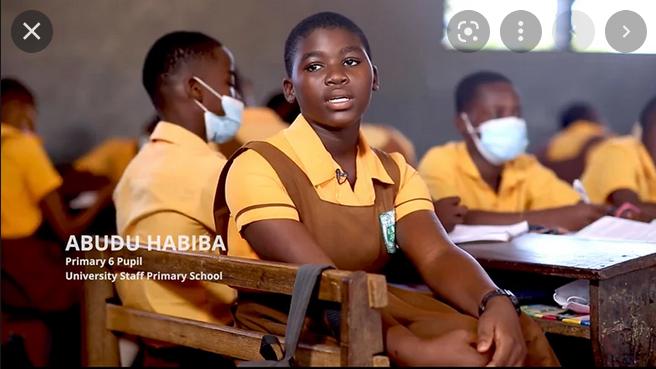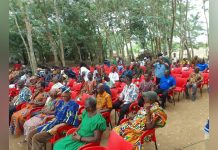Africa-Press – Ghana. The World Bank provides zero-to-low-interest credits, low-interest loans, and grants to developing countries to support investments in such areas as education, health, public administration, infrastructure, financial and private-sector development, agriculture, and environmental and natural resource management.
Thus, it is within its remit to pledge to double its financing for education in Africa to $6.2 billion by 2025 to provide every child the opportunity to access quality education.
The bank currently spends $3.1 billion of its portfolio on education financing in Africa.The mantra that “education is the key to development” has become trite, yet it cannot be ignored because studies have shown that it is a powerful agent of change as it helps to improve health and livelihoods, contributes to social stability and drives long-term economic growth.
The argument is that even though that position is true, it takes quality of education, not substandard one, to meet such objectives.
It follows, therefore, that the World Bank support is for the delivery of quality education.
The bank says the funds it will offer will be used to support primary, secondary and tertiary education.
In other words, the support goes for all the levels of education in every country and the objective is to promote the production of human capital.
Now, the question is, since education involves more than just teaching and learning, which particular areas of education is the World Bank supporting?It is said that the World Bank has adopted a new strategy on education for Africa focused on improving teaching and learning, addressing the barriers inhibiting access to quality education delivery, reducing learning poverty, and expanding access to relevant jobs and skills training.
The targets focused on are all-encompassing as taking them one after another, one can identify a plethora of areas that fall under each target.
It must be noted that though the areas may be the same in each African country, the associated problems may differ.
That is to say that there are country-specific problems that should be tackled with home-brewed solutions, though guided by the World Bank strategy.
It is interesting to note, for instance, that Ghana is seventh among the 10 countries in Africa which have the best education systems.Each of the countries, namely Seychelles, South Africa, Mauritius, Tunisia, Kenya, Algeria, Ghana, Egypt, Namibia and Libya, in that order, has strengths that give them their rankings just as they have weaknesses.
Given the fact that for lack of space, such details cannot be provided, the Ghanaian Times would like to state that the factors include access or enrolment; infrastructure such as school buildings with ICT centres, sanitation facilities, sickbays and playgrounds; teacher-pupil ratio; contents; teaching aids, including books and science laboratory; quality of supervision; policies driving education delivery; and other such things that can be looked at from the direction of the state.
The other factors have to do with the community, parents and the learners themselves, and these include parents’ financial position to support the child, community support, and the students’ attendance and commitment to learn.Whatever earned Ghana such a good ranking in Africa, as it is currently ranked104th in the global education system by edulearnweb.com, the Ghanaian Times knows there are challenges the country must address to better its ranking and also be counted among the best globally.
Lack of or poor infrastructure, especially in the hinterlands; lack of teachers in some schools; poor teaching; poor supervision; poverty of some parents that causes them to deny their children access at all the levels of education; and water and sanitation problems, particularly at the basic level and the inability of some basic school products to read or write, which are commonplace in the country, for example, undermine the quality education the World Bank envisages for each African country.
The Ghanaian Times hopes that the country would leverage the World Bank support to address the challenges of quality education and gain the full benefits of education as the key to development.
For More News And Analysis About Ghana Follow Africa-Press







